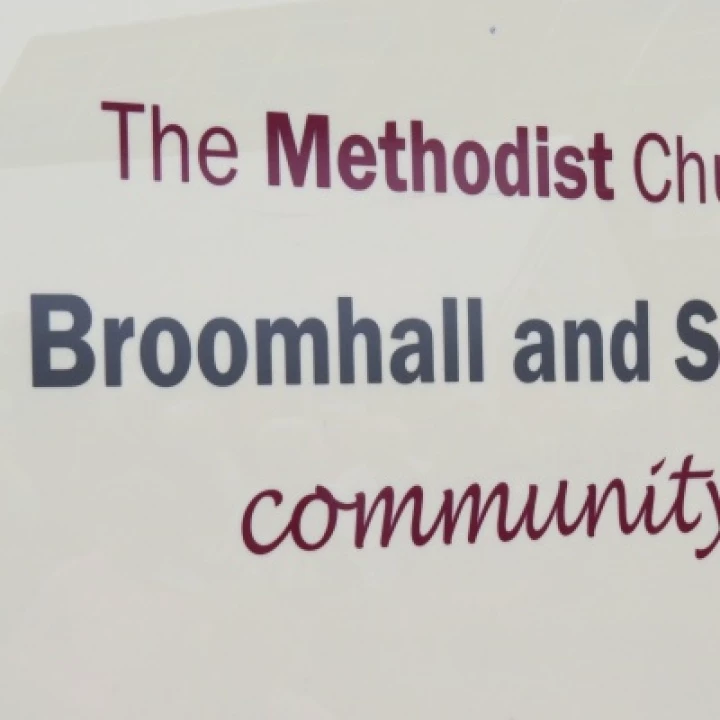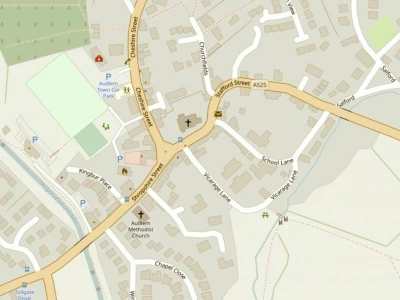







One must think before one speaks.
My Dear Friends,
In the backdrop of a potentially divided society and nation, the issue which I see unravelling before me is the topic of truth. Put another way, being able to reconcile divergent opinions after the political D-Day of our generation will be far easier to do if arguments are founded upon the plinth of reason. Such is the reason why I write today.
Utilising 'scaremongering' tactics is, in my belief, not exactly one which a healthy democracy pursues in social discourse, but what one unfortunately often reads. Indeed, for both the 'Remain' and the 'Leave' campaigns, the future of the United Kingdom has been branded upon grand assumptions of either pursuing a course of action which will mean completely integrating our political institutions into the EU, or to form a quasi-economic autarky and closed society.
The reality of this decision whether to stay or to go though, will reside in neither of these outcomes despite what we are hearing. The situation is, as Rumsfeld once noted, wherein "there are known knowns; there are things we know we know. We also know there are known unknowns; that is to say we know there are some things we do not know. But there are also unknown unknowns – the ones we don't know we don't know".
Considering the future of Britain either way to be an 'unknown unknown', espousing lyrically about the future of the country, especially in regard to the effects which a 'vote to leave' would have upon the economy, is about as useful in furthering our debate as the recent closing of our dear post office: It simply makes no sense to do so.
What then, my dear friends I hear you ask, can we base any decision off if nothing of concrete value can be taken as a given? Surely, one might note, the institutional support of those who CAN predict a future and whom support the Remain campaign is something to bear witness to? Indeed it is, Mark Carney the Governor of the Bank of England is the very zenith of all examples. His support for the Remain campaign surely grounds that particular economic argument in empiricism and impartiality. Yet, one must look only so far as his tenure at Goldman Sachs in 2008 where he failed to foresee the Credit Crunch to realise his predictability power in economics.
By this stage in reading, I will readily acknowledge that many who clicked the link to this page will have scrolled to the bottom in the hope to identify what conclusions this article could ultimately be drawing and so will be largely ignoring this middle section. Certainly, even for those following the traditional 'Top to Bottom' nature of article reading will probably at this stage have sentiments of cognitive dissonance to the literature in question. Regardless of this fact however, I shall endeavour to carry on.
For all its failings (in which a follow up article may be necessary to address), the EU has been likened to be better than, or at least not as worse as our domestic style of politics. Typically, such arguments manifest themselves over the issue of "democracy" which inevitable results in 'mud flinging' with little to be gained. Usually, this is done against the age old question of 'what democracy entails?' which is often imparted as though it was conjured as an original idea from the particular source in question without a hint of reference. The EU of course needs reform, (as does our own parliament), yet ask yourselves dear friends whether such fundamental and substantive changes would be more likely to occur on the domestic front or the European front? One needs only to look as for as Cameron's negotiations to appreciate the intransigence which exists in the EU.
In assessing the political nature of the EU, I often require numerous cups of tea and the occasional hobnob to give me the strength in order to persist and try and understand it, yet I do bequeath that the reform which the 'In' campaign guarantee is about as inevitable as the Queen to be found waiting under the Buttermarket for the number 73 to Hankelow.
As this juncture if you would permit me, I wish tackle the issue of technology which, although I am relatively new to, perhaps may make this laborious monologue more user friendly. In an age of technological advance, wherein beams of light on fibre optic cables carry messages across the world in a matter of seconds, wouldn't geographical proximity be as redundant now as ever? Hence, why do we insist on shackling ourselves to a particular area of the earth, instead of fully embracing globalisation which of course is the political reality for every other country?
Indeed, the EU in contemporary society merely reflects a monument of post war attempts to guarantee peace in our time by Monnet and Schuman. Despite having a quintessential loathing in the British culture for the 'Cheese Eating surrender Monkeys' though, do my friends you think that we are likely to go to war nowadays with the French? If not, then what about Germans? Italians? Greeks?
Despite this, even though we live in an intellectually 'postmodern' world, Europe today is characterised by much greater nationalistic tensions than ever before. An inquiry into why becomes illuminating. EMU, for all the hype about the wonders of what it was going to achieve, as well as other projects which the European Union had, (demonstrated brilliantly in this video the European Commission uploaded moments before the largest banking crisis for a generation has perpetuated national grievances by forcing the economies of member states to converge. An example of this would of course be the German sentiments of the 'siesta taking Greek'. In the years to come then, such internecine disputes will ultimately undermine its foundational value of peace.
However, unlike popular belief, the single currency can actually be implemented successfully as it does in the case of America, yet if it is going to work in what will be in the longue durée for 26 members, the EU will need to fully political integrate. It is upon this backdrop my friends in which my decision has been made. Permitting for a hopeful future with a healthy EU (Britain being either in or out), necessitates at the absolute minimum further political integration which we will obviously not be a part of. Such chances of this happening for the other member states are however, few and far between. So, it is upon this regard that I ask you to reason about why we should stay in what will be a failed project.
Without concluding with any post hoc, ergo propter hoc (after this, therefore because of this) rationale which nowadays come to characterise most political articles submitted on the internet, on Thursday next week vote with faith in a European future (whichever it may be), but take solace in our own ability to achieve our own ends.
George Davids
This article is from our news archive. As a result pictures or videos originally associated with it may have been removed and some of the content may no longer be accurate or relevant.
Get In Touch
AudlemOnline is powered by our active community.
Please send us your news and views using the button below:
Email: editor@audlem.org


